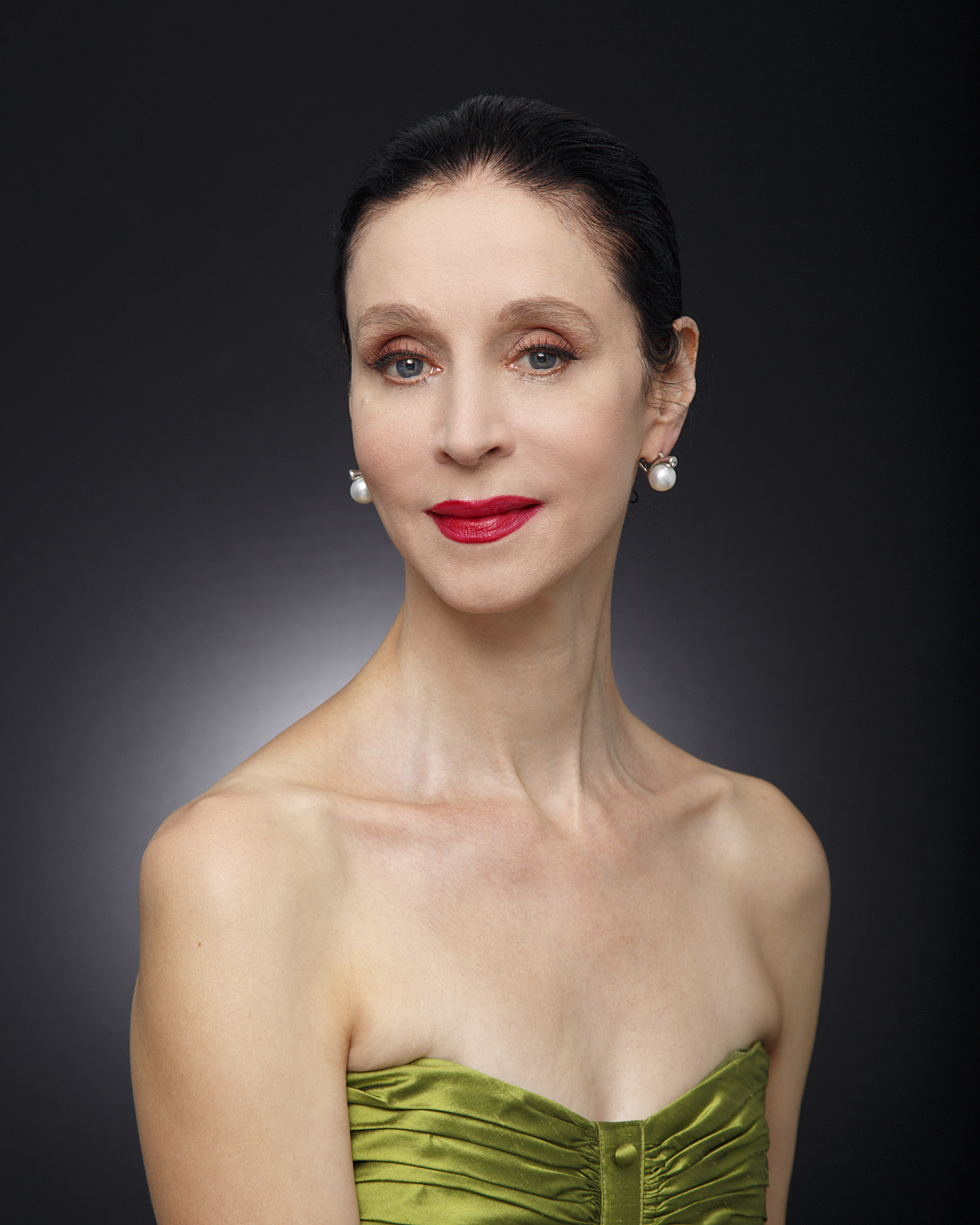
Jeannette Lajeunesse Zingg
What a delightful chat I had recently with Choreographer and Co-Artistic Director of Toronto’s Opera Atelier, Jeannette Lajeunesse Zingg. Last year I had the opportunity to interview her husband, partner, Director, and the other Co-Artistic Director Marshall Pynkoski. The two of them were delightfully charming and engaging, and I could tell they were both very keen on having not only me but also many new audience members attend the opera this coming year.
Many Torontonians who attend the opera call Marshall and Jeannette ‘royalty’.
I now understand why.
Jeannette is gracious, open, and articulate. Her passion and dedication to the opera and ballet were strongly evident during our conversation.
The theme for this year’s Opera Atelier season is ‘Passion Returns’ which is an appropriate one. It is the company’s passion for returning to the theatre through productions of ‘Dido and Aeneas’, a passionate love story and ‘The Resurrection’, the story of the Passion of Christ.
I began our conversation and asked her how she felt about being called Toronto’s ‘opera royalty’:
“Well, we’re very flattered, to begin with. We have dedicated our lives to Baroque Opera, French Baroque in particular, and we will continue to bring Baroque Opera to Toronto and worldwide.”
Like all the artists who have been asked this same question about the gradual return to the performing arts given the unknown about Covid, Jeannette did point out one thing clearly that I respected: “The media is not our best friend when it comes to things like that for sure.”
However, Jeannette remains quite optimistic going forward. The subscription goal was modest but Opera Atelier had reached it. Now the company is selling single tickets. Opera Atelier has done quite a bit of reaching out to newer markets. For example, at the beginning of our conversation, Marshall also appeared on camera to say hello for a few moments before he dashed off to students from Catholic schools who were attending workshops today. Jeannette would join him once our conversation had concluded.
The workshop involved some demonstrations and a very brief background on how dancing fits into Baroque Opera. Then to top it off, the workshop concluded with students getting up to dance the minuet. Jeannette was pleased there was full and active participation from these Grade 6-8 students who asked very intelligent questions along with active participation in the dance and who are eager to learn since the pandemic cut down on this type of experiential learning over the last two-plus years.
What a terrific way to get twenty-first-century youth interested and involved in the world of opera where they can experience things up close first and ask questions about the art form and receive an immediate response in a small group.
Jeannette also spoke of the work Opera Atelier does in Europe quite frequently. Productions there sold out and masks are optional and rarely worn.
She recognized that North America is always a bit behind but will follow suit. Going forward, we must ensure people are not so frightened when they attend a live theatre production of any kind, especially older people. Yes, this fear does come from the media, but Lajeunesse Zingg confirms we have to start somewhere getting back, and this appears to be the first logical step going forward. Once again, she remains optimistic people will want to come for a good show, and there is no need to be fearful as we return.
What a marvellous choice Opera Atelier has made in selecting ‘Dido and Aeneas’.
The story itself is from Books 1-4 of Virgil’s ‘The Aeneid’. Dido, the Queen of Carthage, has been widowed and has sworn never to marry again. Aeneas has been fleeing his burning city of Troy with a group of men and lands there and he thinks perhaps it’s his destiny to re-found Troy. Dido’s courtiers are pushing her to marry Aeneas because he has fallen in love with her and she is with him. The courtiers feel it will strengthen their kingdom which at the moment is a little unstable after having lost her husband, the King.
Of course, it is not Aeneas’s destiny as his destiny is to found Rome, but he doesn’t know that. The destiny is put into the form of witches who want to undo Dido in this particular telling of the story, so they trick Aeneas into thinking that Mercury, the messenger of the Gods, is telling him he has to move on after he has already committed himself to Dido.
Aeneas comes to tell Dido he has to leave, and she is appalled and very angry. Aeneas says he will change his mind to defy the gods, but Dido says it’s too late and he has to go as she has been spurned and humiliated. Aeneas leaves and his men are happy to leave and get back out on the sea and find a new place. There’s a lot of dancing as the men are happy to return to the sea.
Dido feels she has been so humiliated that she feels she has to take her own life. There is that very famous aria at the end of ‘Dido’s Remorse’ that many great opera singers have as part of their repertoire.
And what is it about the beautiful art of opera and ballet that still fascinates and intrigues Jeannette:
“I can’t imagine not being intrigued. It’s part of our identity and who we are. We live with culture and culture is part of life and opera has so much to offer in culture, music, acting, dance, sets, and costumes. It’s part of worldwide culture and it’s something that we want to have as part of our lives. It’s intriguing because there’s something new to find, always some new ideas to get from these older pieces from a different era where the thought processes were different from our [twenty-first century].”
She still affirms the artists and the company still has so much to learn from these pieces. Even though Opera Atelier holds a huge repertoire, the artists will never be finished delving deeper into them ceaselessly. During the pandemic, OA did switch to film and there was a commission of one piece so the learning and growing are continuous.
For some reason, there appears to be this misunderstanding that if one doesn’t have an extensive background or education in the study of opera and ballet, then it’s not worthwhile attending.
Lajeunesse Zingg firmly disagrees.
One doesn’t need to have any background to enjoy and appreciate Baroque Opera. It’s lively, it’s dramatic, the music is beautiful, and the costumes are beautiful. Baroque Opera is a feeling on every level.
Why is it important for all audiences to attend, and that includes those who would like to attend but might be a tad reluctant:
“It’s a big part of our culture”, explains Jeannette. “Culture and art are the highest point of humanity that we can achieve. Everybody should be able to be a part of that.”
‘Dido and Aeneas’ opens on October 20 and 22 at 7:30 pm and the final performance and October 23 at 2:30 pm at Toronto’s Elgin Theatre, 189 Yonge Street. The performance running time is one hour.
To learn more about Toronto’s Opera Atelier, visit operaatelier.com.




